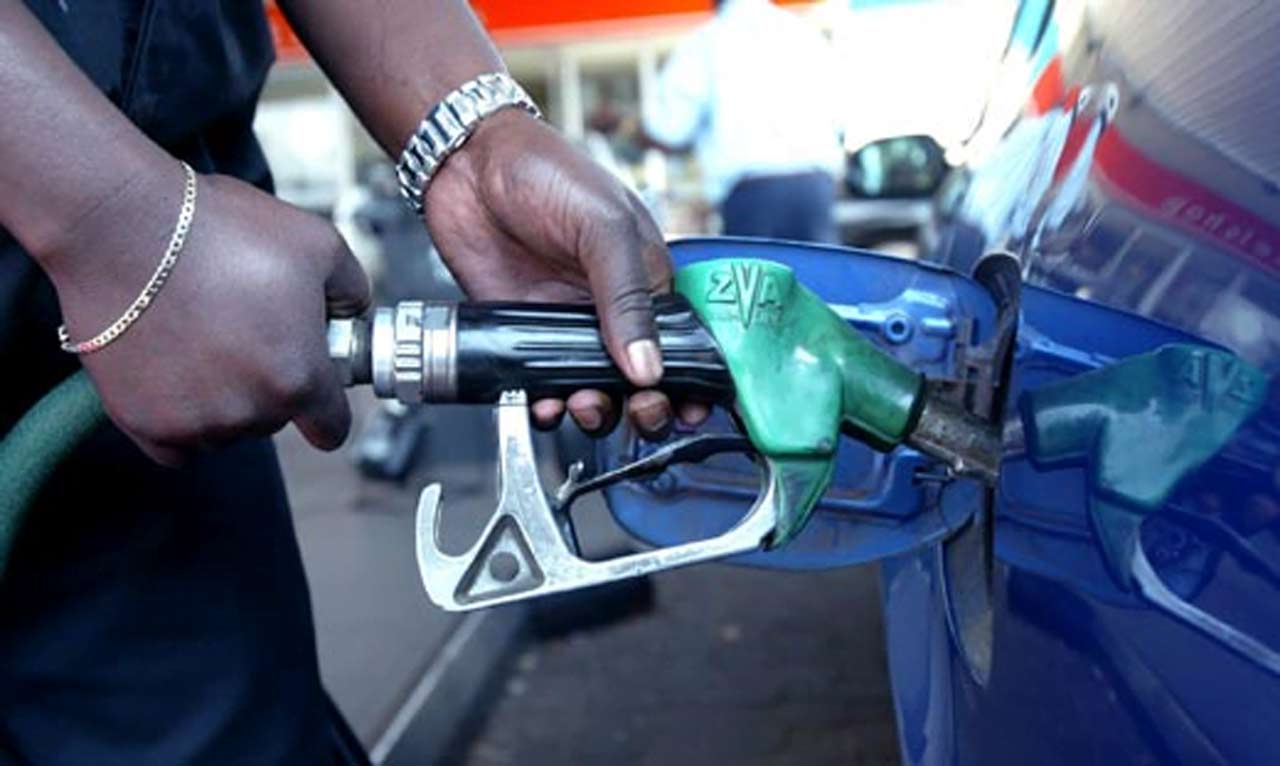Managing Nigeria’s petrol prices: The way forward
In Nigeria, fluctuating petrol prices have long been a source of frustration to citizens. It’s not just about the financial strain—it impacts daily life, from commuting to work to powering homes. The government faces immense challenges, balancing affordable fuel prices with foreign exchange rate volatility and maintaining a sustainable oil and gas sector. Add the […]

Fuel Subsidy removal
In Nigeria, fluctuating petrol prices have long been a source of frustration to citizens. It’s not just about the financial strain—it impacts daily life, from commuting to work to powering homes. The government faces immense challenges, balancing affordable fuel prices with foreign exchange rate volatility and maintaining a sustainable oil and gas sector. Add the country’s reliance on imported fuel, infrastructure problems, and unpredictable global oil prices, and you have a perfect storm.
A significant problem is the absence of transparency in how fuel prices are determined. The lack of clear communication from the government feeds uncertainty and speculation. This situation can be improved by regularly sharing detailed and transparent information regarding the factors influencing petrol prices.
Nigerians need access to key data such as fuel import reports, pricing mechanisms, and subsidy allocations. Making this information publicly available would help build trust and reduce the growing mistrust surrounding petrol price changes.
The government must also open lines of communication with industry leaders, labour unions, and civil society organizations. These groups have a direct stake in how petrol pricing impacts the broader economy and everyday life.
- Mpox: Gavi set to secure 500,000 vaccine doses for Africa
- Leveraging Call Recording in Business: Strategies, Tools, and Benefits
Engaging these stakeholders in meaningful dialogue can help align expectations, address concerns, and prevent misunderstandings.
One of the most critical steps the government can take is establishing a clear, stable, and predictable framework for setting petrol prices. Currently, changes in fuel prices often come as sudden shock, leaving citizens and businesses unprepared. A transparent pricing model that is communicated in advance would help mitigate this uncertainty and reduce panic.
When people know what to expect and when, they can make better financial plans and avoid the anxiety associated with sudden price hikes. This type of predictability would benefit not only individuals but businesses as well, as they could better manage their operational costs tied to fuel expenses.
Many Nigerians are unaware of the factors that influence petrol prices, such as fluctuations in the global oil market and government interventions aimed at managing these costs. This knowledge gap contributes to the public’s frustration and misunderstanding.
Launching public education campaigns to explain the variables behind petrol pricing can help citizens make more informed decisions. Using various media platforms to deliver this information in simple, accessible language will foster better understanding and reduce confusion. It’s not just about explaining why prices fluctuate—it’s about empowering Nigerians with knowledge.
Nigeria’s reliance on imported fuel is a key factor contributing to its petrol price volatility. Exploring alternative energy sources and boosting local refining capacity are essential steps in reducing this dependence. Investment in local refineries, for instance, would not only lessen the country’s reliance on imports but also create jobs and foster economic growth.
Additionally, encouraging fuel efficiency initiatives can help Nigerians reduce fuel consumption. Simple practices like carpooling or using public transportation more frequently could have a significant impact in reducing fuel demand, easing the pressure on supply, and ultimately stabilizing prices.
Another long-term solution is to explore and invest in alternative energy sources. By diversifying the country’s energy portfolio, Nigeria can reduce its dependence on petrol and mitigate the impact of global oil price fluctuations.
Renewable energy sources such as solar, wind, and hydropower could provide sustainable alternatives to petrol. While transitioning to these energy sources will take time and investment, the long-term benefits include energy security, reduced pollution, and job creation in the renewable energy sector.
Managing petrol pump prices is no easy task, but the government can ease the burden through a more human-centered approach to communication. By addressing citizens’ concerns in a relatable and transparent manner, the government can foster trust and reduce the uncertainty that often accompanies price changes.
This communication must be consistent and delivered across multiple channels to reach all Nigerians, from urban centers to rural areas. Regular updates, accessible language, and relatable messaging will go a long way in alleviating public frustration.
In essence, managing petrol prices in Nigeria is a complex but surmountable challenge. With clear, transparent communication and collaboration between government, industry leaders, and the public, the process can become more manageable. By taking a holistic approach—one that includes educating the public, establishing a predictable pricing framework, and investing in alternative energy solutions—the government can create a more stable economic environment.
The complexities of petrol pump price management require collective action. As Nigerians, we must engage with the process, hold the government accountable, and support initiatives that promote transparency and sustainability. Only by working together can we navigate the complexities of petrol pricing and ensure a better future for all.
Petrol pricing is a critical issue in Nigeria, impacting not just individual livelihoods but the broader economy. The government’s current approach, characterised by a lack of transparency and sudden price shifts, contributes to public mistrust and instability. However, by adopting a more transparent, predictable, and inclusive strategy, the government can build trust and create a more stable environment for all Nigerians. Investing in alternative energy sources and educating the public about the factors influencing petrol prices are essential steps in this process.
Managing petrol prices may be a tough job, but it is one that can be made easier with the right approach. Through collaboration, transparency, and innovation, Nigeria can tackle this issue head-on, fostering economic growth and improving the quality of life for its citizens.
Usman Muhammad Salihu is a fellow, PRNigeria young communication fellowship 2024 [email protected]
